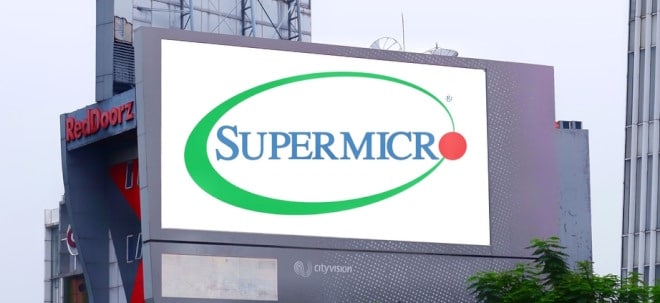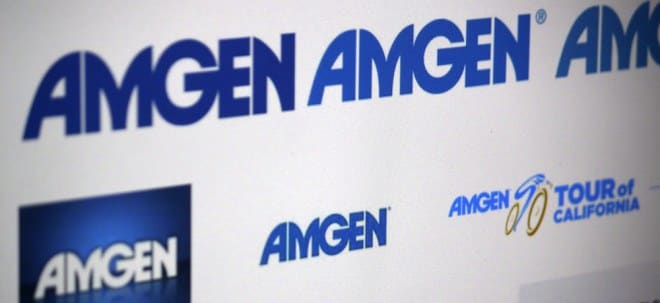Auszug davon:
Bougainville Copper Agreement
Several new developments have occurred which should
help facilitate the re-negotiation of the Bougainville
Copper Agreement (BCA), which is a necessary precursor
of any future investment decisions.
The Bougainville Copper Agreement is an act of the PNG
National Parliament, and as such can only be modified or
repealed by the Parliament.
It is recognised by all stakeholders, including Bougainville
Copper, that the Agreement was drawn up in times and
circumstances that differ from those prevailing today and
that changes need to be made to accommodate the
views, rights and aspirations of all stakeholders including
the landowners and the people of Bougainville.
There is widespread agreement today that Bougainville’s
economic future needs mining if it is to be able to fund
services for the people from its own resources, as well as
address future questions of increased autonomy.
A re-commencement of mining at Panguna cannot take
place unless all parties – the landowners, the
Autonomous Bougainville Government (ABG),
ex-combatants, the National Government of PNG and
Bougainville Copper – are acting in close accord, now
and into the future. During the last year there have been
increasing signs of alignment between the key
stakeholders which is encouraging.
Funding and sovereign risk assurance for the project will
require a united effort. There will need to be a fair and
stable mining regime that gives investors the confidence
needed to commit to a project that is expected to cost in
excess of US$5 billion.
It is pleasing to note that landowners in the six areas
most closely affected by the mine’s operations, including
Panguna, the tailings areas, Arawa and the road and port
leases, have all but completed the formation of legallybased
associations capable of providing genuine
representation to the process of reviewing the
Bougainville Copper Agreement. The process of
incorporation, which involves both legal and customary
commitments, is most welcome, and should bring us
closer to the capacity required to review the BCA to the
benefit of all stakeholders. It is a process conducted by
the landowners themselves with the support of the
Autonomous Bougainville Government and President
Momis, and without the participation of Bougainville
Copper.
Prime Minister Peter O’Neill has confirmed in the
Parliament that Bougainville Copper has, by right of the
BCA, permits to operate at Panguna for a further 21
years from 2011. There are also encouraging indications
that funding for Bougainville and the drawing down of
powers to the ABG, including the power to license and
regulate mining, will be invigorated under his
government.
The Joint Supervisory Board (JSB) which steers the peace
and drawdown processes, met during the period for the
first time in eighteen months, and a large transfer of
funds was made by the National Government to the
Autonomous Bougainville Government.
Bougainville
There are many positive developments to report from the
Autonomous Bougainville Region during the year in
review.
The relationship between President John Momis, his
government, and the board and management of
Bougainville Copper continues to be excellent, with
parties working closely to facilitate the possible
re-development of the Panguna mine. Company
representatives regularly meet and communicate with
President Momis and government representatives, with
the company being encouraged to work towards
establishing an office in Arawa on Bougainville and to
make regular visits. President Momis has re-affirmed his
support for the reopening of the mine, and the
momentum which has produced landowner elections
and an increased focus on the re-start agenda is in
considerable part due to the efforts of the President and
members of his cabinet. The issues of gun control and
law and order are similarly the subject of concerted effort
by members of the Autonomous Bougainville
Government.
The World Bank initiative aimed at helping Bougainville
develop its mining sector continues to be productive,
directed towards increasing community benefits from all
forms of mining, increasing the technical capacity to
regulate mining activity and thereby help facilitate the
transfer of mining powers to Bougainville. This will be an
important step because regulatory certainty is needed
before a decision to mine can be made. Ideally the
Bougainville mining regime will not be dissimilar to the
current Papua New Guinea (PNG) system so that a
smooth transition from the old regime to the new should
be possible. It is noted that the ABG Department of
Mining is recruiting new technical staff.
The combined landowner groupings at Panguna continue
to co-operate through the Panguna Management and
Consultative Committee and the landowner umbrella
company. One of the key achievements was the
engagement of representatives of all mine affected areas
in a productive meeting with senior Bougainville Copper
management at Buka. This is a major step forward for all
parties who continue to work on an agenda of issues to
bring to the table when negotiations for future
operations begin.
There was a very successful visit by a delegation of
National Government and ABG political and
administration representatives to Rio Tinto’s Northparkes
copper operation in Australia, with very positive feedback
received from the members of the delegation as to the
high levels of goodwill and close collaboration that were
witnessed between the mine and neighbouring
communities. More visits are planned.
The Australian Government remains supportive of
Bougainville, including the provision of senior advisors to
President Momis and the ABG. The Australia PNG
Business Council, of which I am president, is active in
maintaining a good relationship between Australia and
the people of Bougainville
Increasingly Bougainville is seen as an attractive resource
development province. |


 Thread abonnieren
Thread abonnieren

